All Stories
-
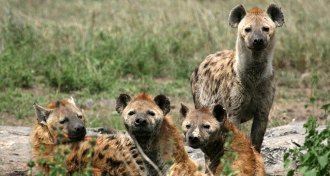 Animals
AnimalsWhy some male hyenas leave and others are content to stay home
Having access to enough females, and a mom to help, can keep a male hyena from leaving his clan.
-
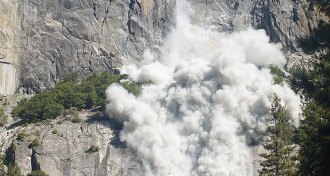 Earth
EarthBeware of rockfalls in warm weather
Cracks in cliff faces grow and shrink as temperatures warm and cool, new research shows.
-
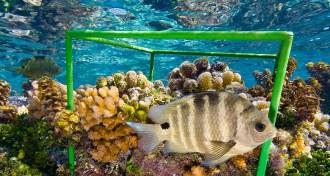 Science & Society
Science & SocietySee life in a cubic foot, visit Roman artifacts, and more to do
New and upcoming exhibits celebrate biodiversity, birds’ dinosaur origins, opulence in ancient Rome, and more.
-
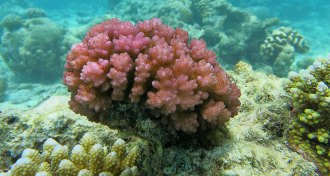
-
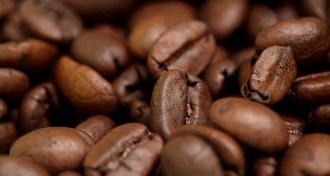 Microbes
MicrobesDiverse yeasts make their home on coffee and cacao beans
Yeasts in coffee and cacao are shaped by geography and human migration, genetic analysis finds.
-
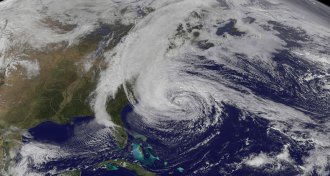 Tech
TechA storm of tweets followed Superstorm Sandy’s path
When storms hit, people hunker down and tweet. Their social media activity tracks natural disasters and their damage, a new study shows.
-
 Climate
ClimateOrganic molecules help fatten cloud-making water droplets
Cloud-forming water droplets can grow larger thanks to organic molecules on the exterior of the drop, new research suggests.
-
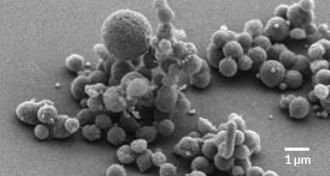 Genetics
GeneticsScientists build minimum-genome bacterium
Minimal genome organism reveals how much scientists don’t know about biology.
-
 Genetics
GeneticsZika may have flown to Brazil in 2013
The brand of Zika currently floating around the Americas traces its origins to Asia and may have arrived in Brazil by air as early as 2013.
-
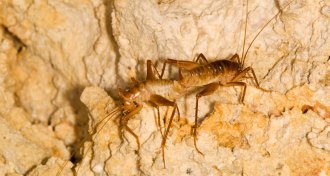 Animals
AnimalsUnknown species hide among Texas cave crickets
A study of population structure among a genus of cave crickets reveals that new species are waiting to be discovered.
-
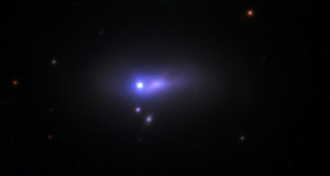 Astronomy
AstronomyCompanion star could have triggered supernova
An exploding star in another galaxy might have been pushed over the edge by a stellar companion.
-
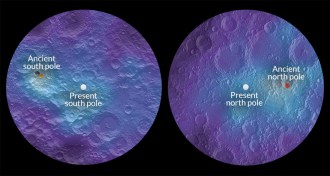 Astronomy
AstronomyThe moon’s poles have no fixed address
Ancient deposits of lunar water ice mark where the moon’s poles used to be.